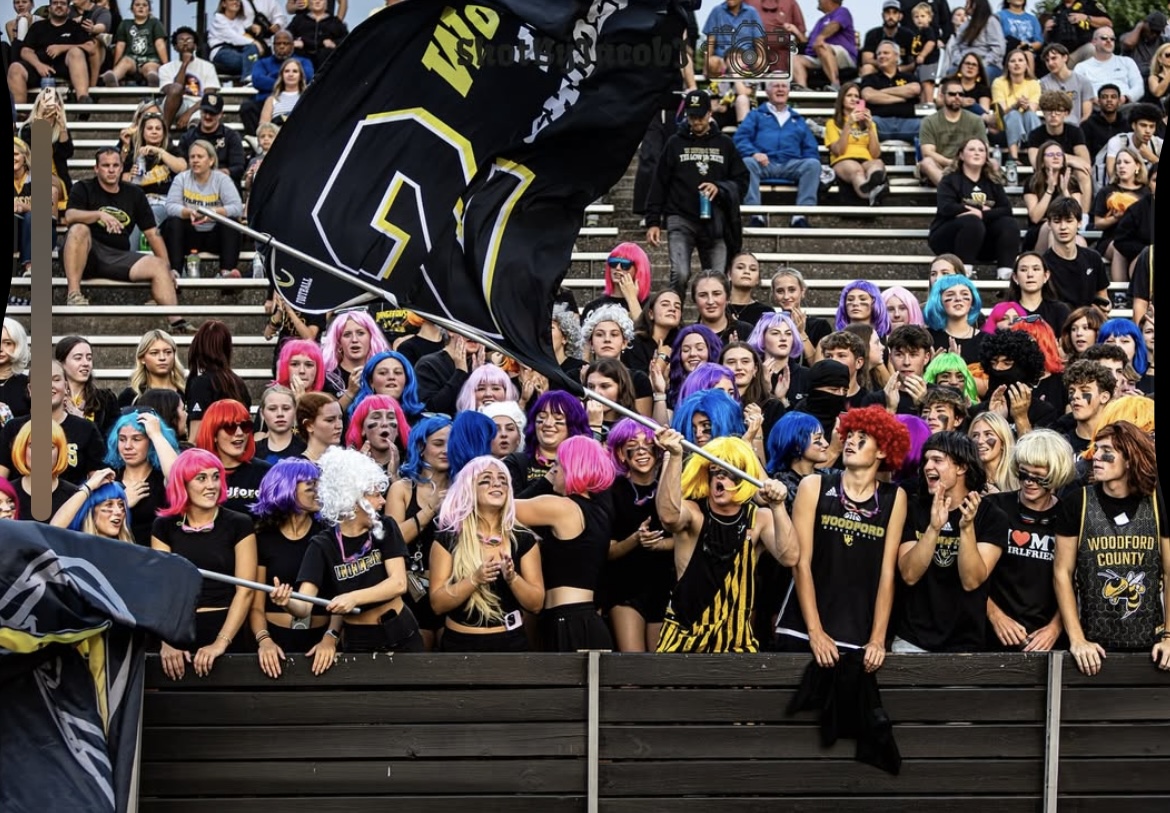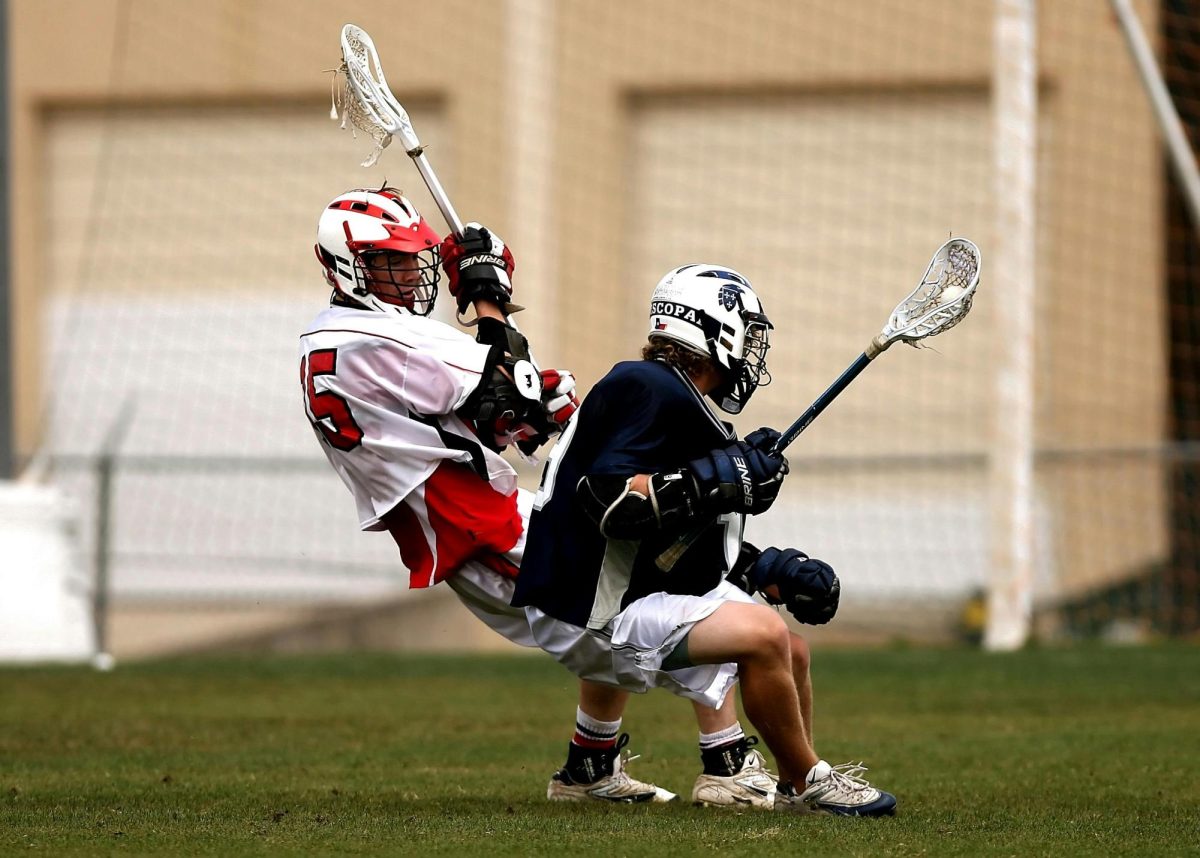As Freshmen and Sophomores, we all heard the warnings from the upperclassmen: Be prepared for Junior Year. If you were to ask any student in the building what their hardest year was, they would probably say junior year, but why?
Firstly, let’s examine the course load: English 3, Algebra 2, Biology, and US History. Since I did not take English 3 or US History, I will not comment on those subjects. However, Algebra 2 and Biology were both challenging in their own ways. Algebra 2 is a completely different ballpark than Algebra 1. New concepts, such as functions, are introduced to students. Most units build upon the idea of functions, so to succeed in the class, you must be able to retain information, even from the first semester. Although there are great teachers in the math department to help jog your memory and break down concepts to your depth of understanding. Biology is challenging, memorization-wise. It is a break from the math required in Chemistry, but each unit contains a plethora of new concepts and vocabulary for you to memorize. Again, however, many teachers are willing to help you understand the concept. Though the memorization is all up to you, and may take up a good amount of your time.
Another complaint often referenced is the number of tests required in Junior Year. There are the ACT, IXL diagnostic tests, KSA, and many AP Tests sprinkled throughout the last two weeks of school. Industry certifications are also usually taken in your Junior Year for people who are completing a Pathway. All of the tests required for Juniors can be a huge stressor and a reason why people do not enjoy Junior Year. As we know, test anxiety is a prevalent issue, and having that constant feeling of stress due to tests can be exhausting. I personally found the test schedule to be doable; however, I wish KSA had been moved to an earlier week in May. Myself and many other students ended up having to miss KSA testing for AP tests. Hopefully, next year, the testing schedule will be moved up to make things easier for current sophomores.
Finally, students in their Junior Year have to seriously consider their future. Going on college tours, picking out majors, and deciding what you want to do with your life is a lot of pressure to put on 16 and 17-year-old students. Although students have senior year to officially apply to colleges, the process of deciding may be considered equally as stressful.
As someone who recently wrapped up her junior year, I would say it has been a stressful but important year in my academic career. I have done a lot of work, but I have also learned things that will help me later in life. So, is Junior Year really as bad as they say it is? I would have to say no.








